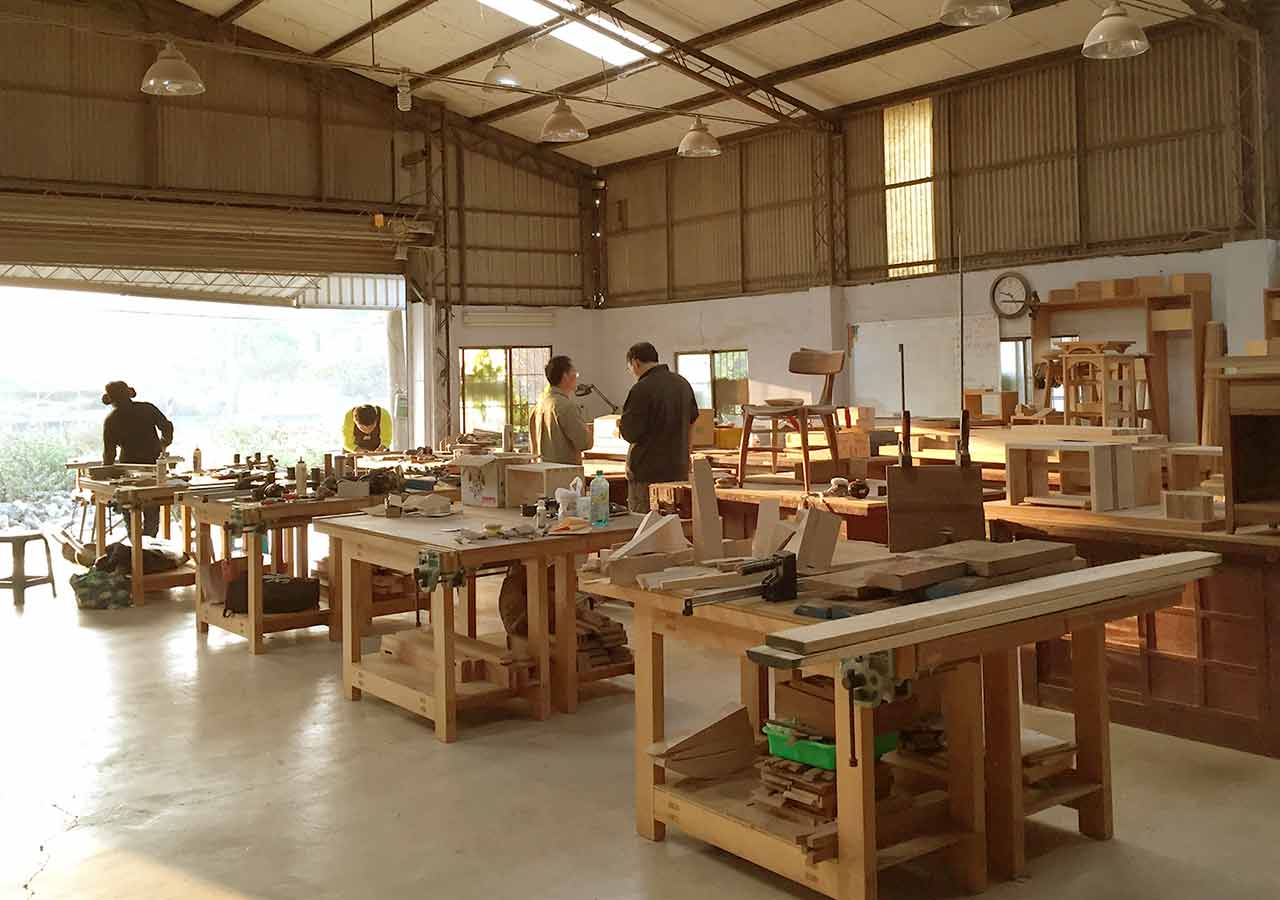Now I have two options.
- Go to the woodworker, pay up the money and learn from him.
- Learn through Youtube.
- Books.
If you're on a budget you can learn woodworking without any direct teaching (and this process can continue for the rest of your life if you want or need it to). There is a long tradition amongst amateur woodworkers of self-directed learning, starting with reading and continuing via practice and experimentation, and it's far easier now than at any time in the past because of the Internet..... although please don't make the Internet your only source of information :-/
For most people however it is much much faster to learn from a good teacher. But it's important to realise that not every professional is going to be one. They of course have a lot to teach, but they may not be very good at getting it across — some people are born doers, others are born teachers and it's widely recognised in various fields that the two things often don't go together.
YouTube
I'll say it straight out, YouTube is a terrible way to learn woodworking if it's your only source. Unless you're extremely careful1 you'll pick up many bad habits, and some outright dangerous working practices. This is especially true of American woodworkers on YT (sorry American SEers!) who routinely pay little or no heed to accepted safety measures. Note: this includes a few of the Big Names in YT woodworking2, not just random guys working in backwoods shacks.
So if you want to learn safe working practices for power tools be very careful from whom you pick up working habits. You do want to exercise due caution with hand tools3 but while you can hurt yourself with those the injury would rarely be life-changing or life-threatening. Accidents using major power tools, the table saw especially, are often major and can easily be fatal.
Please read the following:
How do I prevent dangerous kickback on a table saw?
Table saw safety devices
1 And it's difficult to be selective until you know more which is a catch-22 situation.
2 I probably can't name names here because of what follows, but next time you peruse YouTube for woodworking content pay attention to the Americans using the table saw, look for the use of a blade guard and riving knife. Chances are both will be missing which is unacceptably dangerous, and frankly there's a case to be made that it is criminally negligent in a teaching environment.
3 Chisels especially, always cut away from yourself.
